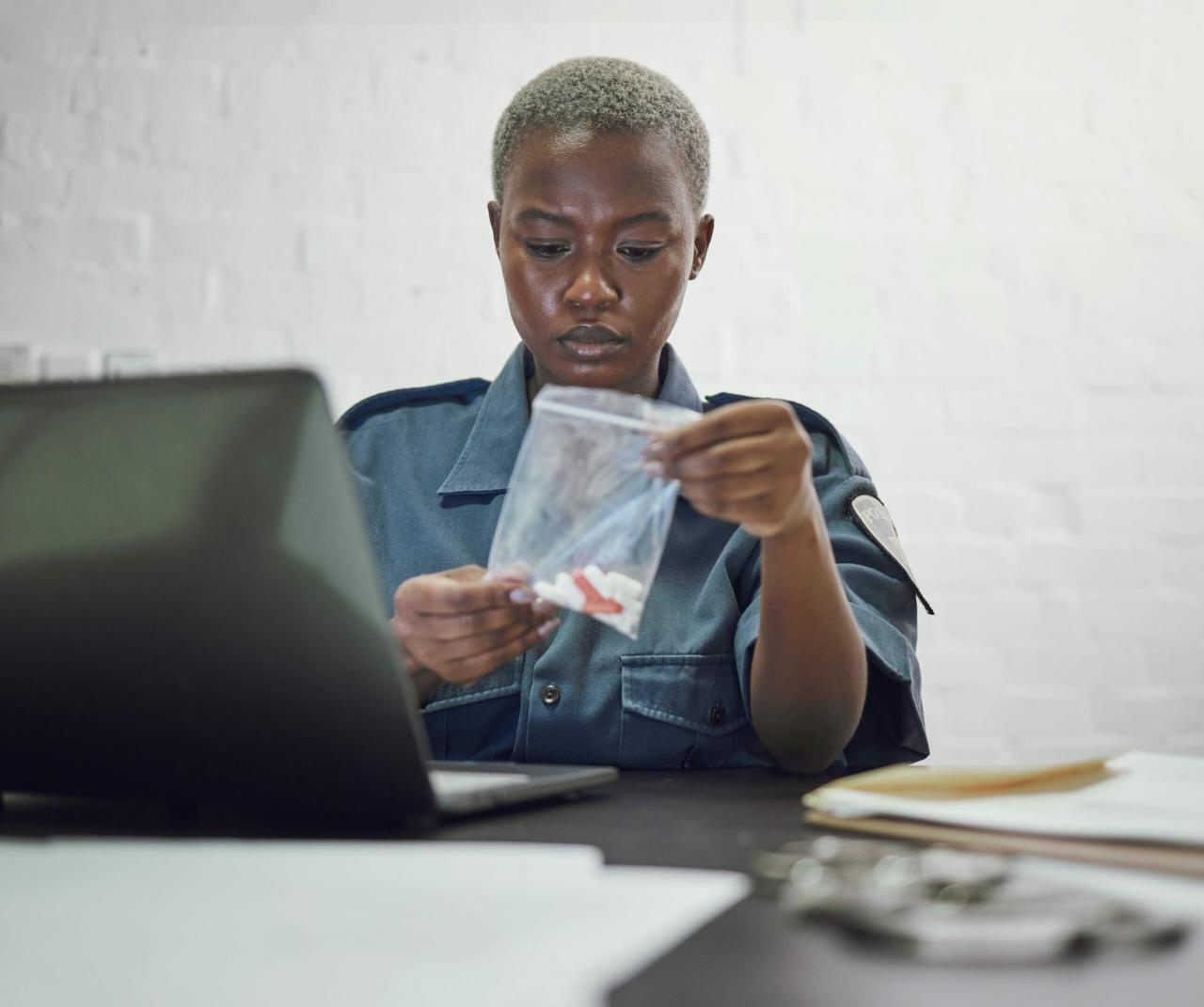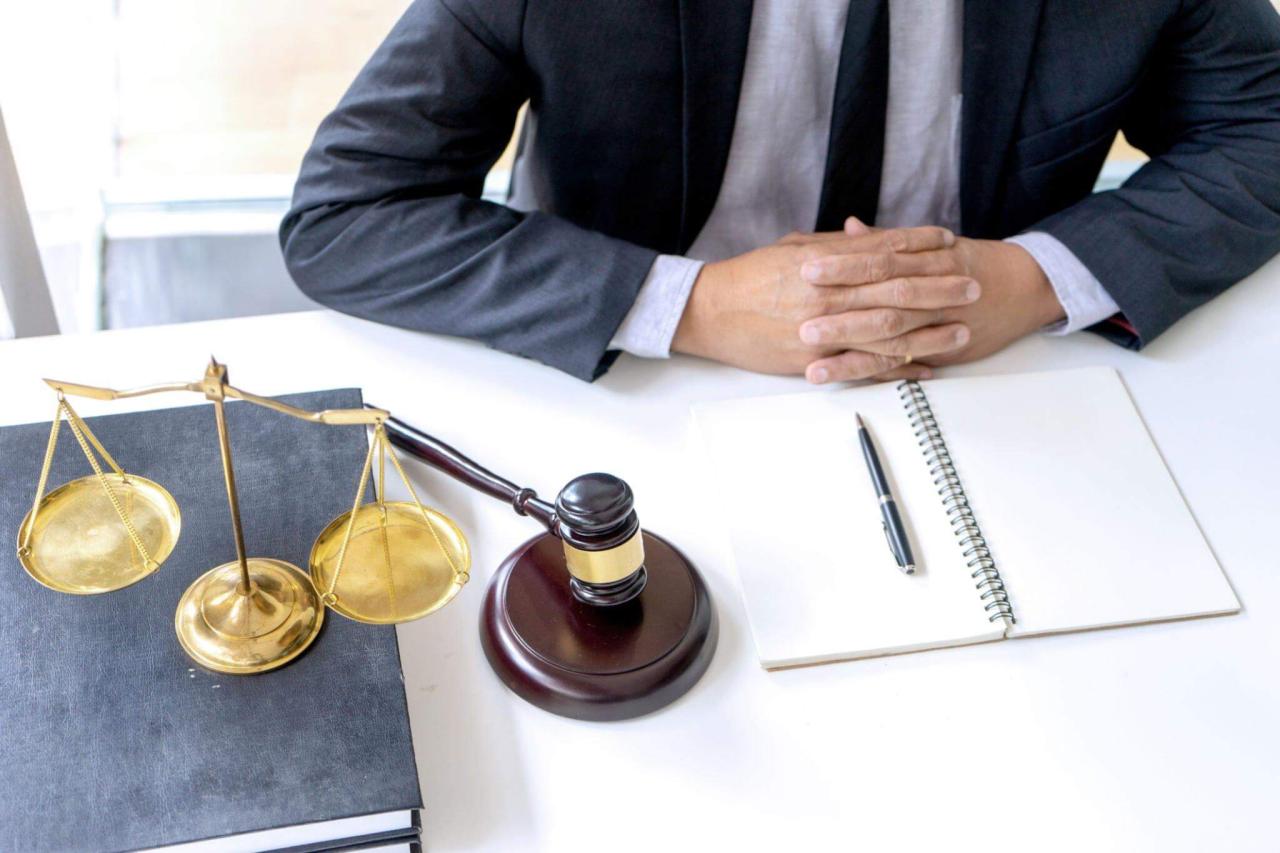
Drug Crime Legal Procedures

Drug crime legal procedures encompass a series of steps from arrest and arraignment to trial and sentencing. Understanding these procedures is crucial for individuals facing drug charges.
Arrest and Arraignment
When an individual is arrested for a drug crime, they are taken into custody and booked into jail. During the booking process, the individual’s fingerprints and personal information are recorded, and they are photographed. The individual is then held in jail until their arraignment, which typically occurs within 24 to 48 hours of arrest. At the arraignment, the individual is formally charged with the crime and advised of their rights, including the right to an attorney.
Types of Drug Crime Trials
There are two main types of drug crime trials: bench trials and jury trials. In a bench trial, the judge acts as both the judge and the jury, hearing the evidence and making a decision on the case. In a jury trial, a jury of 12 individuals is selected to hear the evidence and determine the guilt or innocence of the defendant.
Plea Bargains in Drug Crime Cases
Plea bargains are agreements between the prosecutor and the defendant in which the defendant pleads guilty to a lesser charge in exchange for a reduced sentence or other concessions. Plea bargains are often used in drug crime cases to avoid the risk and uncertainty of a trial. However, it is important to consult with an experienced attorney before entering into a plea bargain to ensure that the defendant fully understands the consequences of their decision.
Sentencing and Consequences

Drug crime sentencing varies widely depending on the severity of the offense, the defendant’s criminal history, and other factors.
Sentences for drug crimes can range from probation to life in prison. The most common types of sentences include:
- Probation: This is a period of supervision during which the defendant must meet certain conditions, such as attending drug treatment or counseling.
- Community service: This involves performing unpaid work for the benefit of the community.
- Fines: These are monetary penalties that can range from a few hundred dollars to hundreds of thousands of dollars.
- Jail or prison: This is a period of confinement in a local jail or state prison.
A drug crime conviction can have a number of serious consequences, including:
- Loss of employment
- Loss of housing
- Loss of child custody
- Difficulty obtaining credit
- Deportation
Resources for Drug Crime Legal Help

Individuals facing drug crime charges can access legal assistance from various organizations and programs. Eligibility for legal aid depends on income and financial resources.
Many non-profit organizations provide pro bono legal services to low-income individuals charged with drug crimes. These organizations typically have experienced attorneys who specialize in drug crime defense.
Legal Aid Organizations
- National Legal Aid & Defender Association (NLADA): Provides a directory of legal aid organizations by state.
- American Civil Liberties Union (ACLU): Offers legal assistance in cases involving civil liberties violations, including drug crime prosecutions.
- Drug Policy Alliance: Advocates for drug policy reform and provides legal support to individuals facing drug charges.
Pro Bono Legal Services
Pro bono legal services are provided by attorneys who volunteer their time to represent low-income clients. Many law firms and bar associations offer pro bono programs for drug crime cases.
To qualify for pro bono legal services, individuals must meet certain income and eligibility requirements. Contact local legal aid organizations or bar associations for more information on pro bono programs in your area.





